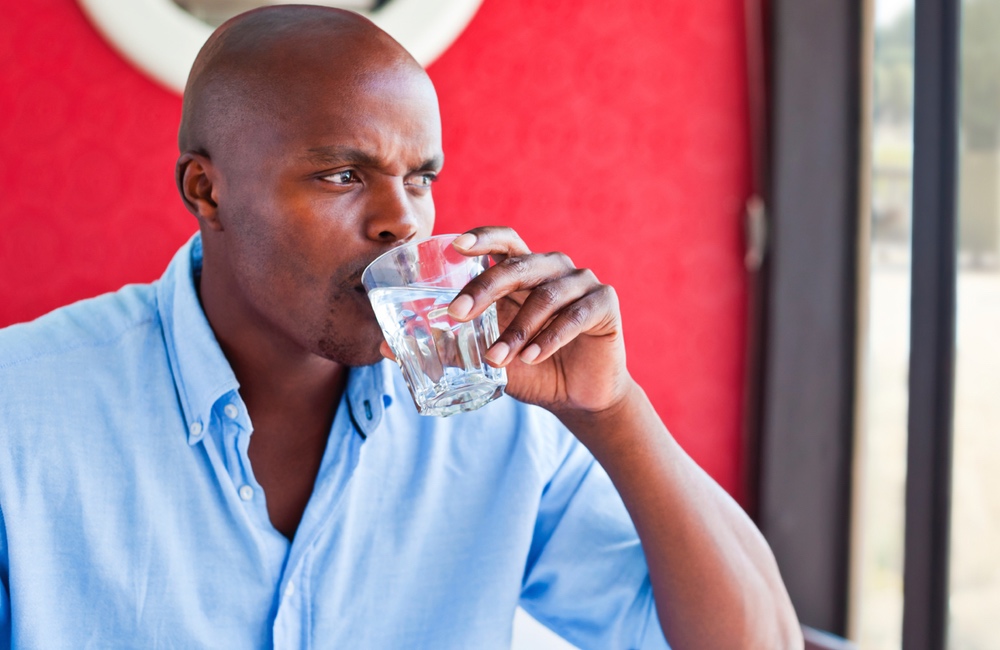If your diet plan for this New Year involves substituting artificially-sweetened beverages for regular beverages, you may want to try a different approach. Not only are diet drinks ineffective for preventing weight gain and losing weight, according to the authors of a review just published in PLOS Medicine, they are also harmful to the environment.
It's true that artificially-sweetened beverages (ASBs) have few or no calories, but they stimulate sweet taste receptors in the brain and trigger overeating. This then can contribute to obesity, type 2 diabetes, and other weight-related diseases.
Researchers at Imperial College London and two Brazilian universities examined the current evidence on artificially-sweetened beverages and found none supporting the notion that ASBs contribute to weight loss or prevent weight gain when compared to sugar-sweetened drinks.Artificially-sweetened beverages may actually be part of the obesity problem.
Not only is there a lack of solid evidence on the health effects of ASBs, according to Maria Carolina Borges, first author of the study, the potential for bias from industry-funded studies must also be seriously considered when discussing whether artificially-sweetened beverages are adequate alternatives to sugar-sweetened beverages.
Taxes and regulations designed to reduce consumption of sugar-sweetened beverages will only end up promoting diet drinks, according to Carlos Monteiro, co-author of the study. In fact, artificially-sweetened beverages may actually be part of the obesity problem, and people should not be encouraged to drink them as part of a healthy diet.
The best and most environmentally friendly source of hydration for everyone is plain tap water. Though millions of people assume bottled water is somehow superior, the quality is generally no better than water from the tap, and sometimes it’s just that — water from the tap.





